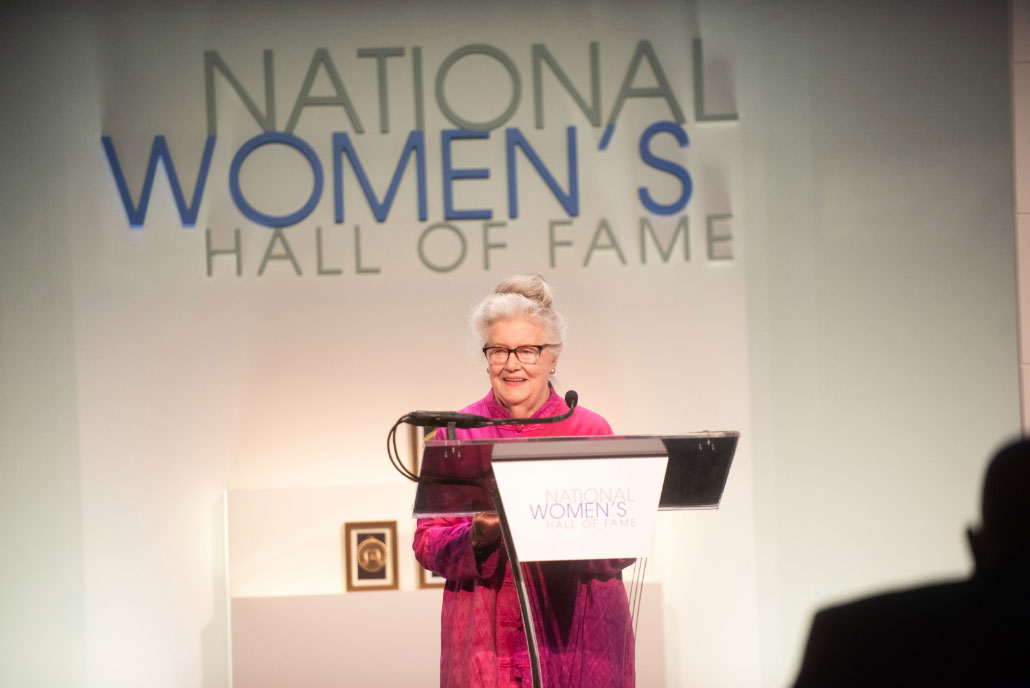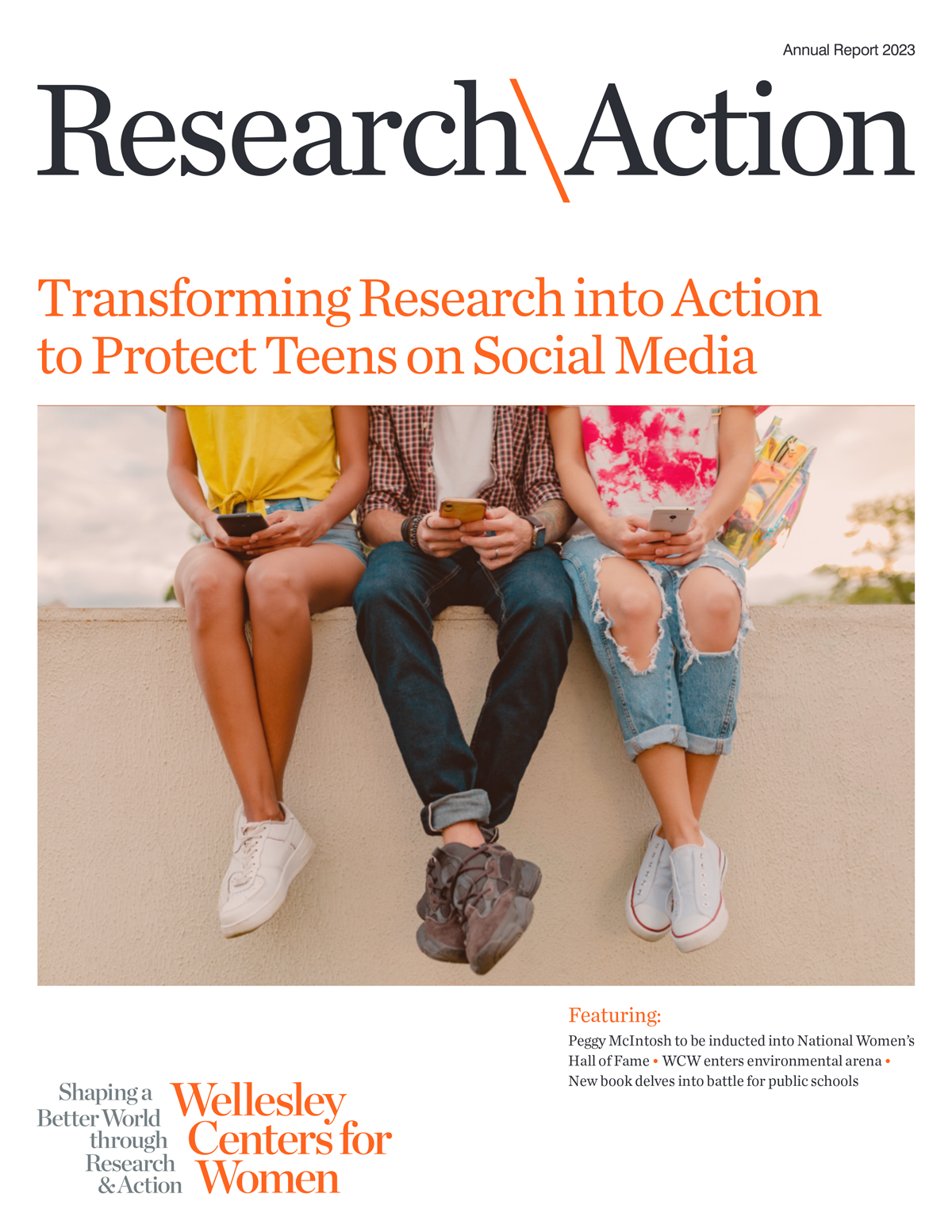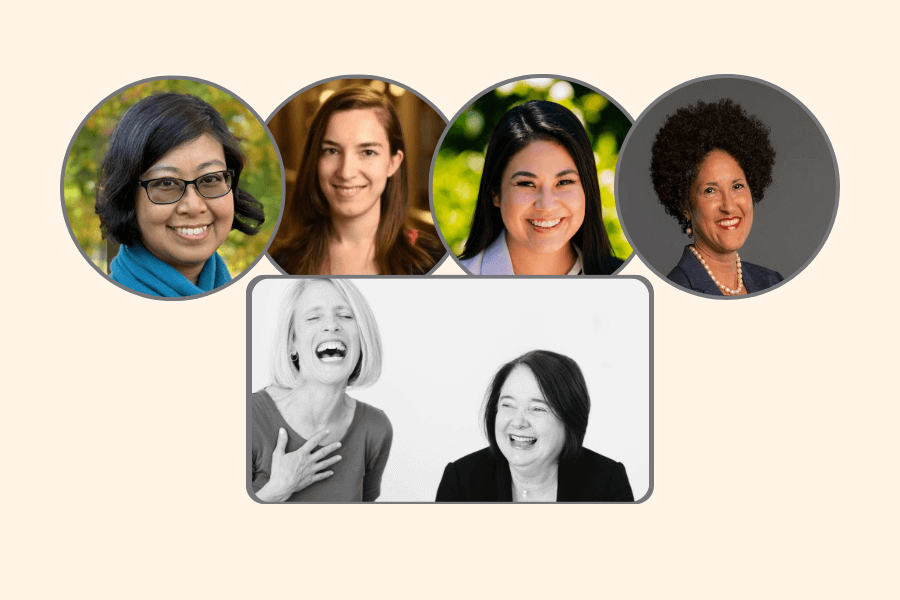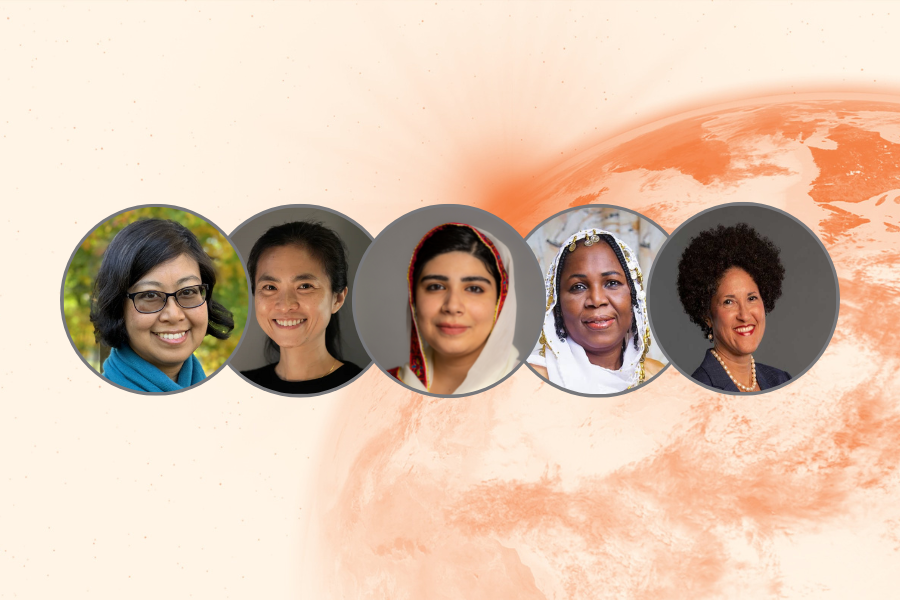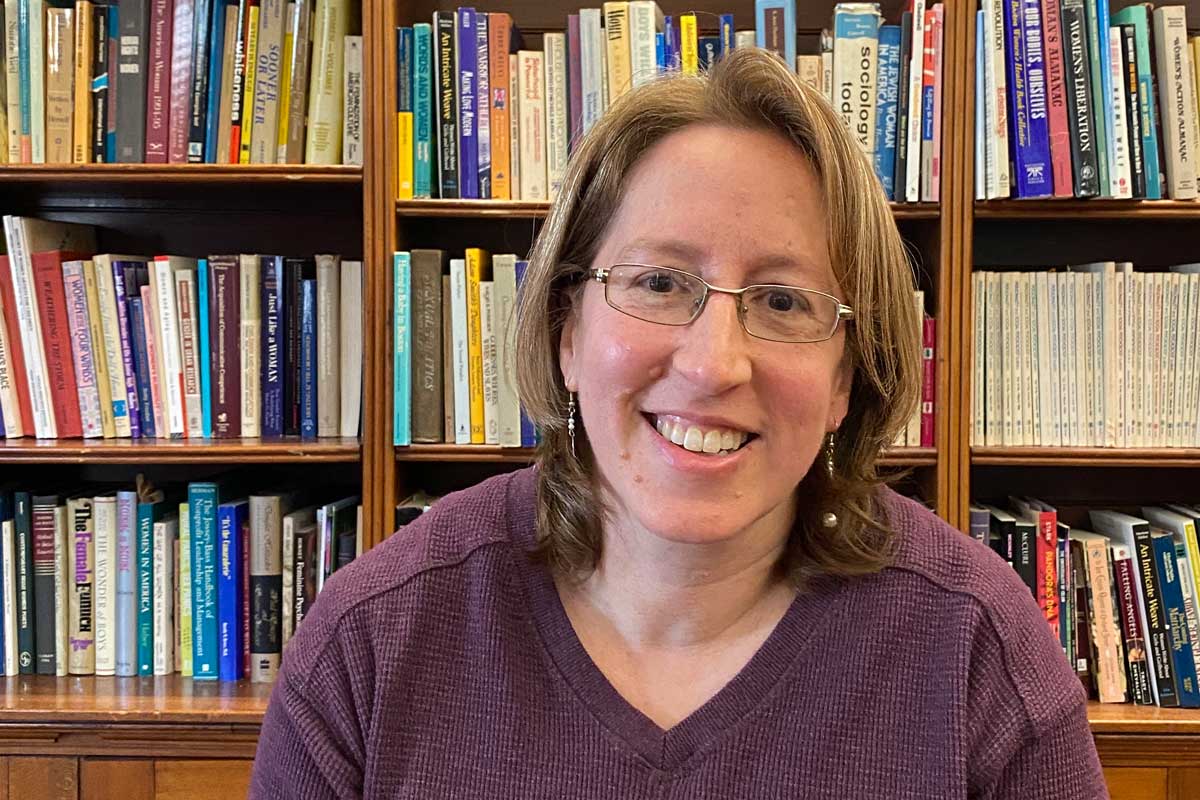The Changing Workforce
Older Workers
There are over 14 million older workers, age 55 and older, in the
United States (Commonwealth Fund, 1993). The number and proportion
of older workers in the workforce is growing as the "baby-boom"
generation ages, and the number of younger workers from the "baby-bust"
generation (1964 - 1980's) declines. Many of today's aging baby
boomers will remain in the labor force longer than members of recent
cohorts due to a variety of individual and societal factors including:
increased longevity, financial concerns, societal concerns about
the economic costs of early retirement, a shortage of younger workers,
and the beginning of disincentives towards early retirement in public
and private retirement plans (Schooler, Caplan, & Oates, 1998).
Even when workers retire, retirement does not always signal the
end of employment.
All of these factors combine to create labor force participation
rates among older workers that are dramatically different from those
of 30 years ago. In 1999, 75% of men ages 55 to 61, 47% of men ages
62 to 64, and 29% of men ages 65 to 69 were in the labor force.
Comparable figures for 1969 are 88%, 70% and 42% respectively. Labor
force participation rates for women reflect the increasingly greater
proportions of women who are employed in their later years, as the
cumulative impact of younger women's rising employment carries over
into older ages, and gender differences in the age of retirement.
In 1999, 58% of women ages 55 to 61, 34% of women ages 62 to 64,
and 18% of women ages 65 to 69, were in the labor force. Comparable
figures for 1969 are 47%, 32% and 17% (Federal Interagency Forum
on Aging Related Statistics, 2000).
There is a pressing need for a better understanding of older workers,
and the nature and magnitudes of the health risks they face, at
a time of dramatic changes in the economy and in the lives of older
Americans. You can learn more about our work in this area from:
Nancy L. Marshall. (2001). Health and Illness Issues Facing an Aging Workforce in the New Millennium. Sociological Spectrum, 21 (3).


